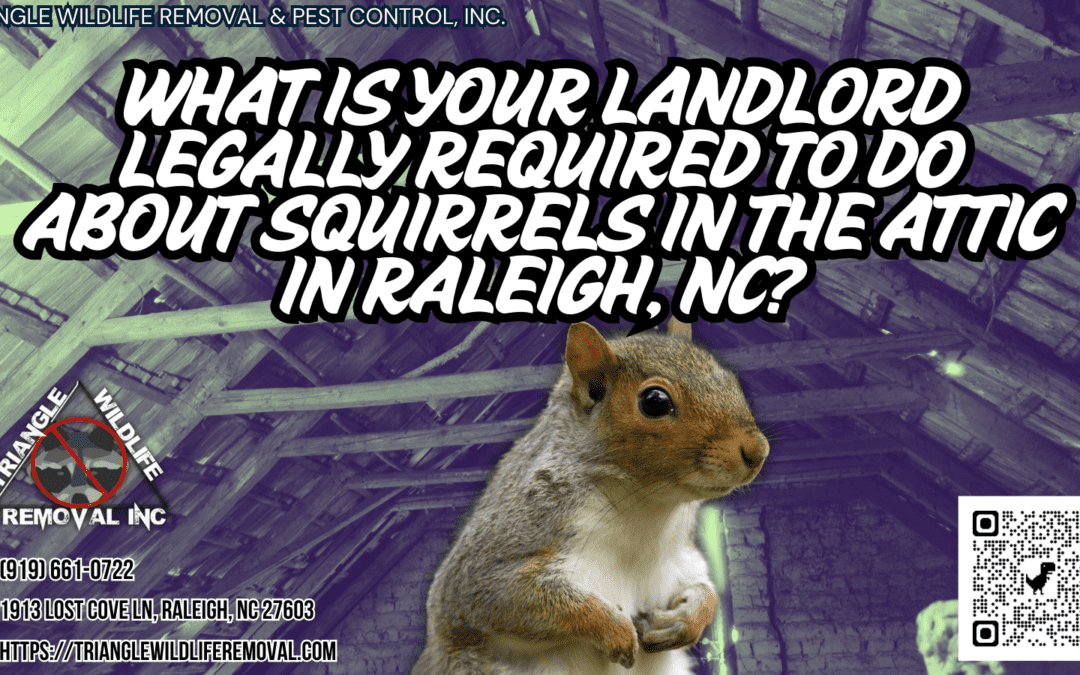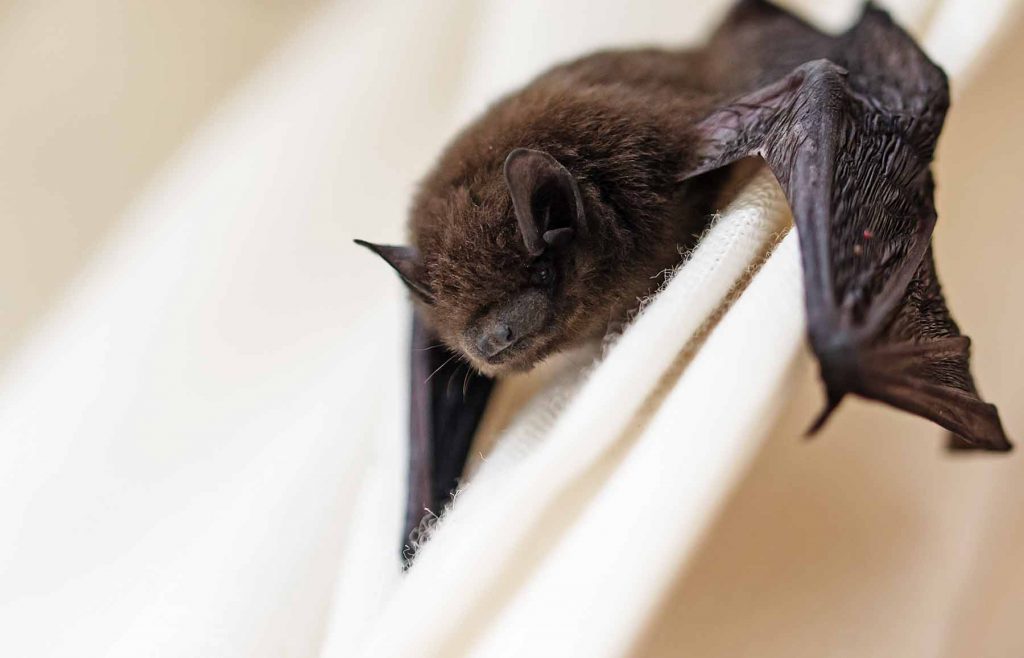As a tenant, one might wonder about the legal obligations a landlord has when faced with squirrels in the attic. From maintenance responsibilities to wildlife infestations, there are specific guidelines landlords must adhere to. Understanding the intricacies of pest control regulations and the role tenants play in mitigating such issues is crucial. However, what actions can tenants take if their landlord fails to address the squirrel problem adequately? Let’s explore the rights and responsibilities surrounding this common landlord-tenant dilemma.
Key Takeaways
- Address squirrel issues promptly to ensure tenant safety and property integrity.
- Take proactive measures to prevent squirrel entry and property damage.
- Assume liability for any property damage caused by squirrels.
- Conduct regular inspections to identify and address potential squirrel entry points.
Landlord’s Duty to Maintain Property
In fulfilling their duty to maintain the property, landlords are responsible for addressing issues related to squirrels in the attic promptly and effectively. Property upkeep plays a crucial role in ensuring a safe and habitable living environment for tenants. When it comes to wildlife management, landlords must take proactive measures to prevent and address squirrel infestations promptly to avoid property damage and potential risks to occupants.
Landlords must be aware of their liability regarding property damage caused by squirrels. Squirrels in the attic can gnaw on electrical wiring, insulation, and wooden structures, leading to costly repairs and safety hazards. Therefore, it is essential for landlords to conduct regular inspections of the property, including the attic, to identify and resolve any potential entry points for squirrels.
Responsibilities for Wildlife Infestations
Given the potential property damage and safety hazards posed by squirrels in the attic, landlords must uphold their responsibility to promptly address and resolve wildlife infestations on their premises. When it comes to wildlife removal, ethical considerations should guide landlords in choosing humane methods that do not cause unnecessary harm to the animals. It is essential for landlords to understand their liability regarding wildlife infestations. While landlords are generally responsible for maintaining the property, the specifics of their liability and insurance coverage in cases of wildlife infestations can vary. Landlords should review their insurance policies to determine if wildlife-related damages are covered. Additionally, consulting legal professionals can provide clarity on landlord responsibilities and potential liabilities in such situations. By proactively addressing wildlife infestations and ensuring ethical treatment of animals, landlords can maintain a safe and habitable environment for their tenants while fulfilling their obligations under the law.
Legal Obligations Regarding Pest Control
What legal obligations do landlords have regarding pest control on their rental properties? Landlords are subject to pest control regulations and bear certain responsibilities when it comes to managing pests on their rental properties. In the context of dealing with squirrels in the attic, it’s essential to understand the legal framework surrounding pest control and landlord liability.
- Compliance with Pest Control Regulations: Landlords must comply with local and state pest control regulations. This includes taking necessary actions to prevent and address pest infestations, such as squirrels in the attic.
- Timely Response to Pest Issues: Landlords are typically expected to respond promptly to pest complaints from tenants. This may involve hiring professional pest control services to address the infestation effectively.
- Financial Responsibility for Pest Control: In most cases, landlords are responsible for the costs associated with pest control measures. This includes expenses related to removing squirrels from the attic and preventing future infestations.
Tenant’s Role in Mitigating Squirrel Issues
Landlords’ legal obligations concerning pest control extend to ensuring tenants are aware of their role in mitigating squirrel issues, particularly in cases involving squirrels in the attic. Tenant education plays a crucial role in tackling squirrel problems effectively. It is essential for tenants to understand the signs of a squirrel infestation, such as scratching or scurrying noises coming from the attic, chewed wires, or droppings. By educating tenants about these signs, landlords empower them to take proactive measures to prevent and address squirrel issues promptly.
Tenants can play a proactive role in mitigating squirrel problems by keeping the attic well-maintained and clutter-free, sealing off any potential entry points like gaps or holes in the roof or walls, and trimming tree branches that provide easy access to the attic. Additionally, tenants should promptly report any signs of a squirrel infestation to the landlord to ensure swift action is taken to address the issue effectively. Through tenant education and proactive measures, both landlords and tenants can work together to mitigate squirrel problems in the attic.
Seeking Resolution Through Proper Channels
When addressing squirrel issues in the attic, tenants should follow the proper channels for seeking resolution.
- Contact the Landlord: Inform the landlord promptly about the squirrel infestation and request action to be taken to resolve the issue.
- Request Mediation Options: If direct communication with the landlord does not lead to a resolution, inquire about mediation services available through local housing authorities or tenant associations.
- Seeking Compensation: If the squirrel problem has caused damage to personal belongings or has significantly disrupted your living conditions, inquire about seeking compensation for the losses incurred.

